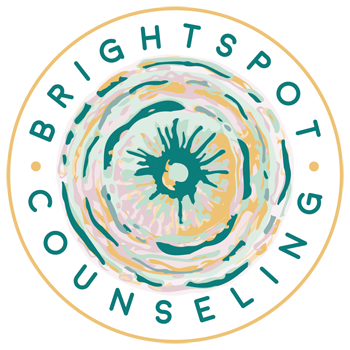EMDR Therapy, also known as Eye Movement Desensitization and Reprocessing, is gaining popularity. You might find yourself in a situation where you’ve been referred to see an EMDR therapist by your doctor, another therapist, or even a friend who raves about the transformative power of EMDR therapy. EMDR is frequently utilized for addressing conditions like anxiety, depression, and PTSD (Post-Traumatic Stress Disorder). But, you might be wondering, just how effective is EMDR? Let’s delve into it.
In short, EMDR has shown remarkable effectiveness in numerous studies and testimonials. Consequently, it has evolved into an invaluable tool in the therapist’s toolkit for addressing trauma and various emotional challenges. What sets EMDR apart is its focus on reprocessing past trauma, rather than solely teaching coping mechanisms. This approach clears the path, enabling you to effectively reduce the persistent and bothersome symptoms associated with trauma, anxiety, phobias, and depression.
What to Expect in an EMDR Session:
Now that we’ve talked about the effectiveness of EMDR therapy, let’s delve into what a typical session looks like:
1. Initial Assessment: The foundation of any therapeutic journey lies in a comprehensive assessment. In this phase, you and your therapist will work together to pinpoint the precise target issues, traumas, or negative experiences that necessitate attention.
2. Preparation: EMDR isn’t a one-size-fits-all approach. A great therapist will tailor the treatment plan to meet your unique needs. The therapist will explain the process and ensure the you feel secure and ready for the upcoming sessions.
3. Eye Movements or Alternative Techniques: During the actual EMDR session, you and your therapist will concentrate on the traumatic memory. In this process, you’ll incorporate bilateral stimulation techniques, which can include eye movements, sounds, or tactile sensations. Although bilateral stimulation might sound complex, it’s a straightforward approach that significantly aids in the brain’s reprocessing of the memory, ultimately reducing its emotional intensity.
4. Guided Processing: Throughout bilateral stimulation, you’ll share thoughts, emotions, and sensations as they arise. The therapist will be a guide to help you navigate your feelings and reactions.
5. Reevaluation: After a few sessions of EMDR therapy, you and your therapist will check in our your progress and make any adjustments.
6. Integration: As you feel your distress related to the traumatic memory disappearing, your therapist will help you incorporate positive beliefs and coping strategies into your every day life.
EMDR is a potent tool that therapists and patients can wield to confront past traumas and emotional distress. However, it’s crucial to understand that the effectiveness of EMDR may vary among individuals. Nonetheless, it’s worth noting that many clients report significant improvements in their overall well-being as a result of this therapeutic approach.
EMDR therapy is also covered by various insurance companies, including Blue Cross Blue Shield of Michigan, Blue Care Network, Priority Health, Aetna, and more, recognizing its value as a covered benefit.
If you’re currently searching the web for an EMDR therapist in the Metro Detroit area, look no further than Bright Spot Counseling in Farmington Hills, Michigan. Our team of therapists is highly trained in EMDR and is ready to provide you with the support necessary for your healing journey and personal growth. Don’t hesitate to reach out to us online or give us a call at 248.296.3104.
LOOKING FOR MORE INFORMATION ON HEALING FROM TRAUMA, DEPRESSION OR ANXIETY? CHECK OUT THESE HELPFUL LINKS:
EMDR Therapy Near Me to Treat Trauma. https://brightspottherapy.com/emdr-intensive-therapy-near-me-for-trauma/





